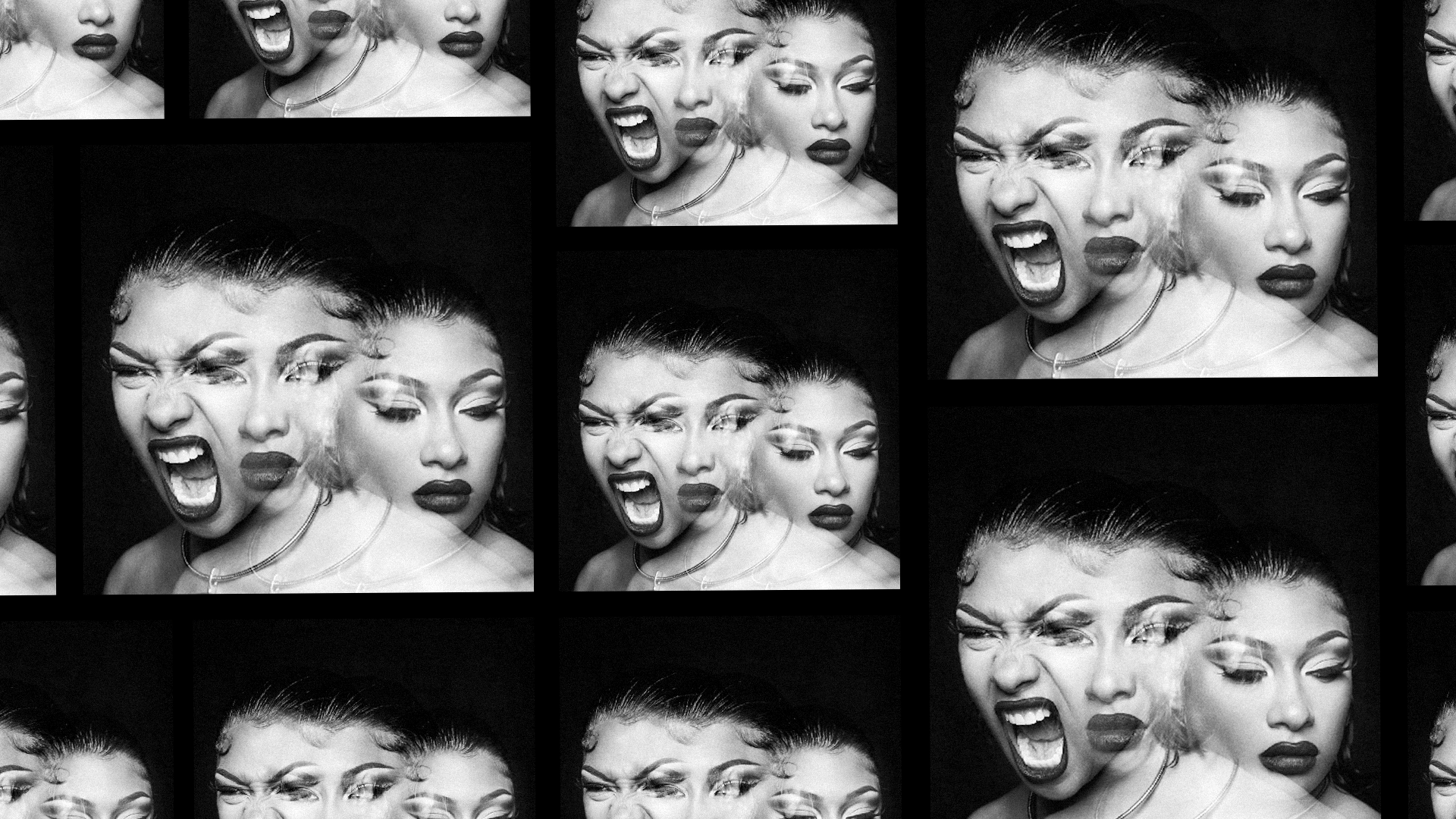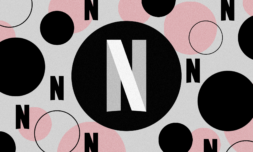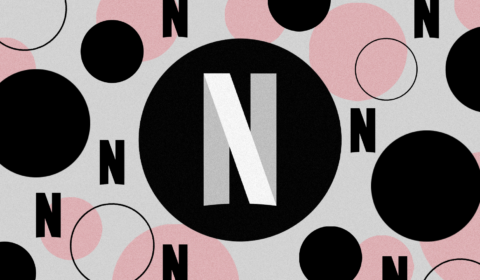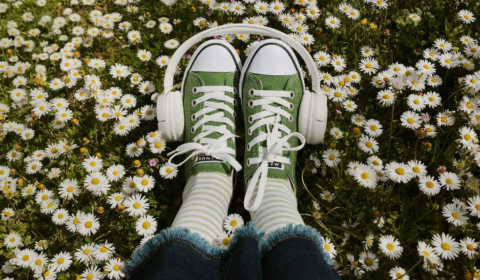After becoming the first Black woman to cover Forbes’ 30 under 30, the rapper is using her success as a foundation for important conversations that go beyond race.
Megan Thee Stallion is on a winning streak that shows no signs of slowing.
Since releasing her first single in 2016, the Texas-born rapper has won a Grammy for Best New Artist, launched countless number one hits, and is now the first Black woman featured on the cover of Forbes’ 30 under 30.
Speaking of her success, Megan has described an innate work ethic and desire to impart tangible change.
‘I can’t slow down right now’, she told Forbes. ‘I’ll take a break when I’m dead. I’m trying to really build something. When I start sitting, I feel like I’m not doing enough or I’m giving somebody else the opportunity to pass me’.
But Megan is more than her incredible milestones. When Black women succeed in any industry, their achievements are often sensationalised as by-products of identity and race. Megan is keen that each big win serves as an opportunity to break this pattern.
‘I want to be bigger than just my music. I want people to know Megan as everything that she ever wanted to be. Megan the artist. I feel like I’ve always liked to dabble and dab in a lot of things’, she stated.
Beyond her music, Megan is also a fervent advocate for women and Black women’s treatment in the rap industry, ensuring that her own applause doesn’t silence important conversations.
In 2020, arguably Megan’s breakout year as a rap artist, she made it clear she wasn’t apologetic about being staunchly feminist.
‘WAP’, the hit single produced alongside Cardi B, caused outrage at the time for its graphic description of female sexuality. But despite its controversy, the song still shot to the top of the charts and remained there for an entire summer.
Following with hit singles like ‘Body’ and ‘Savage’, Megan has been disrupting misogynist narratives in music – particularly rap and R&B – by giving women the same sexual empowerment men have so often enjoyed at their expense.
https://www.youtube.com/watch?v=aC83lnbVleU&ab_channel=SaturdayNightLive




















